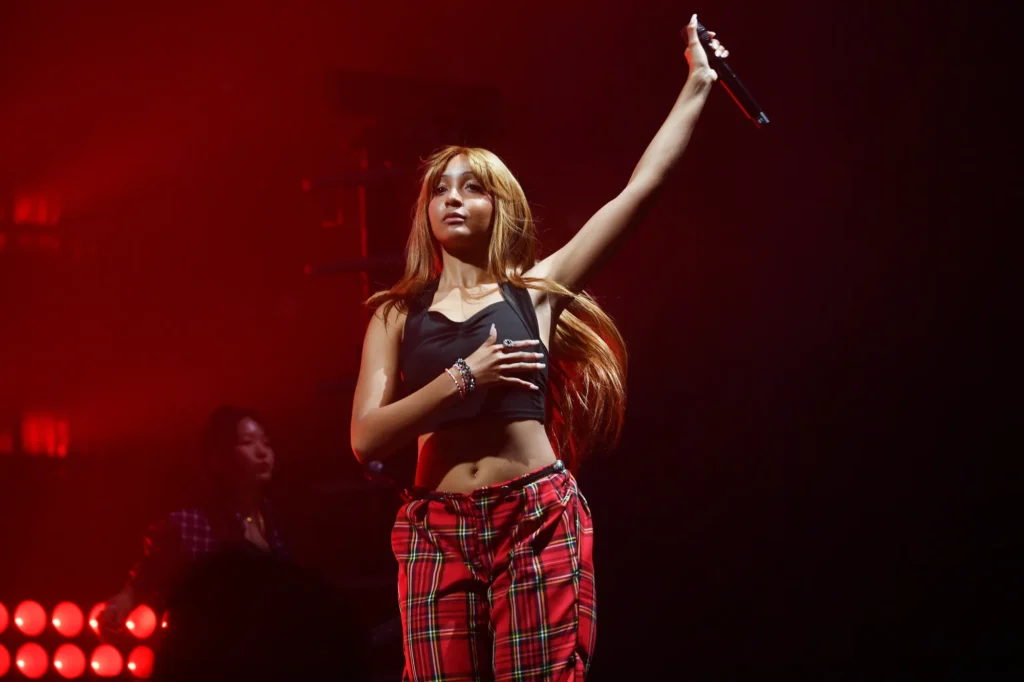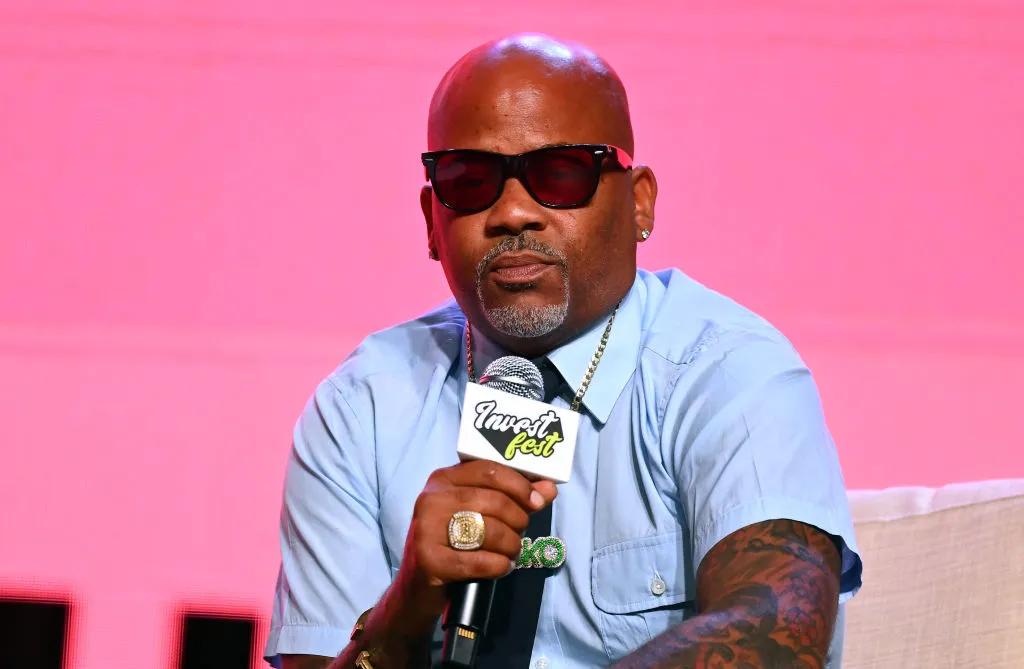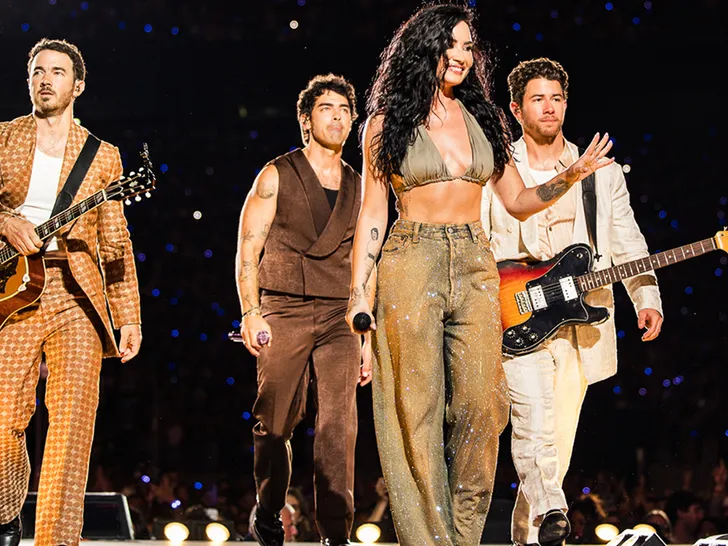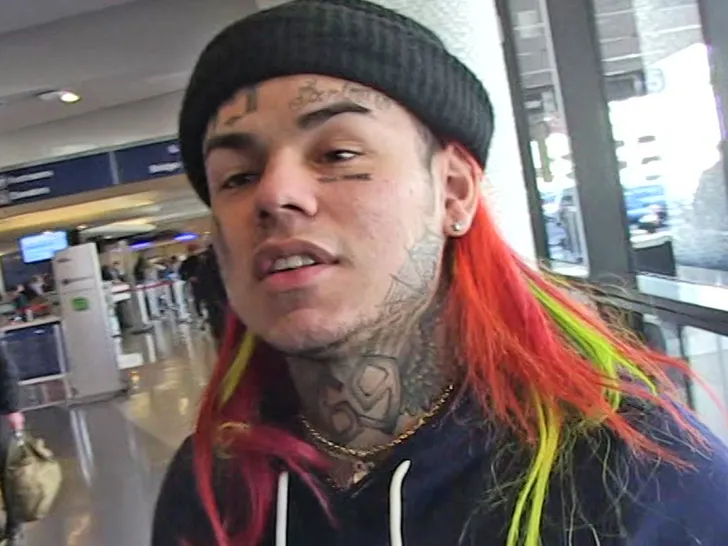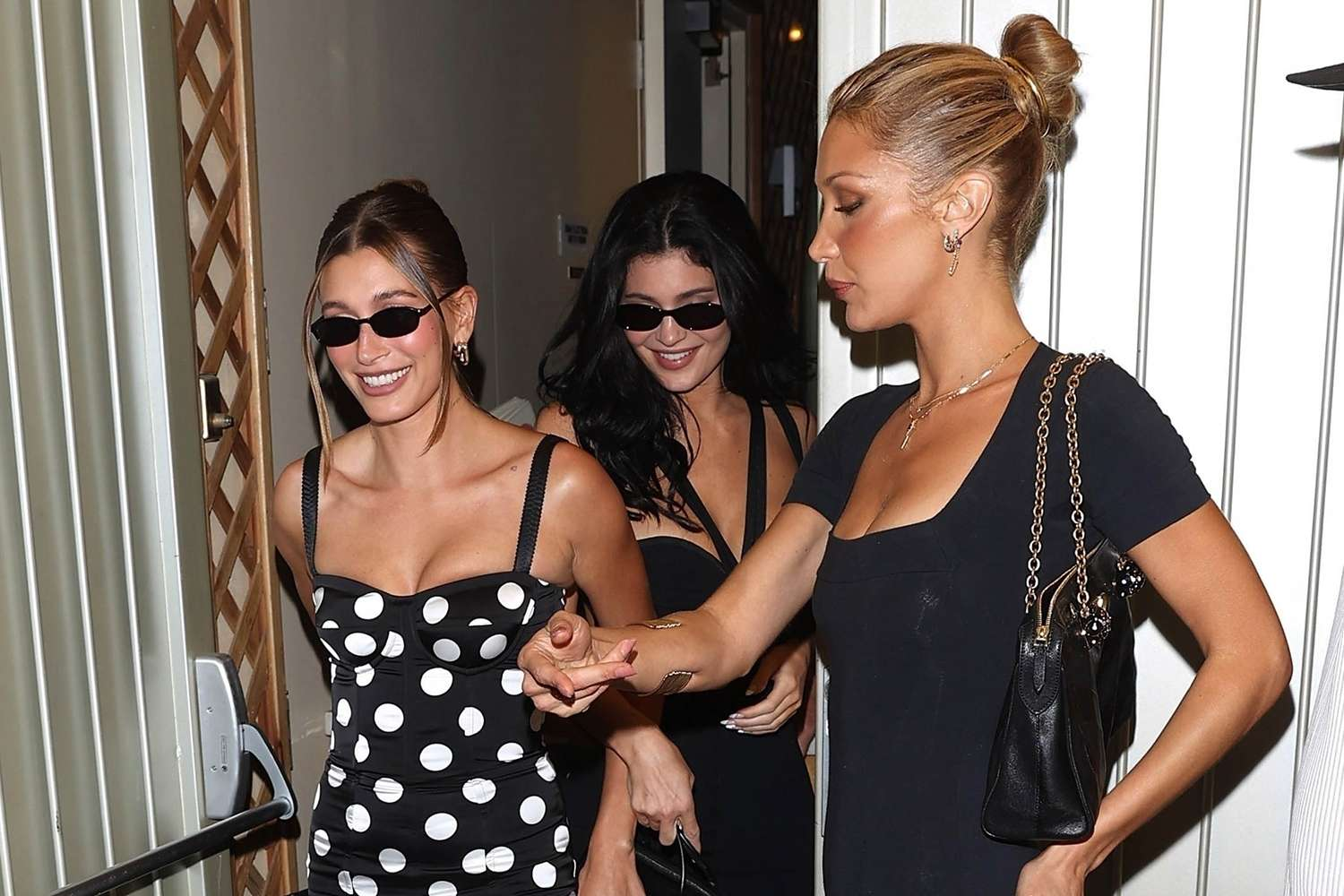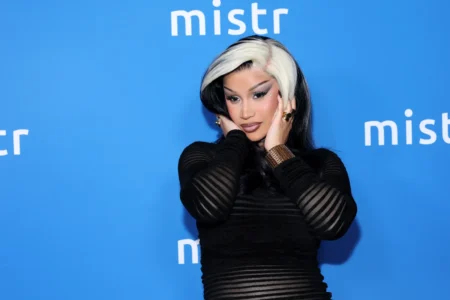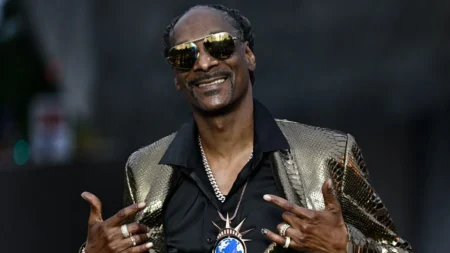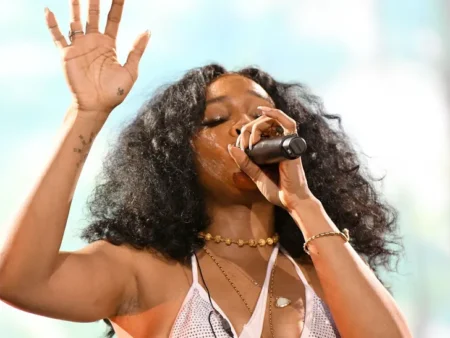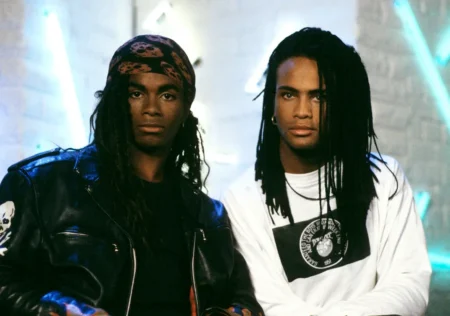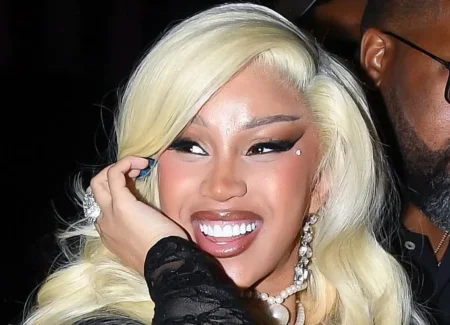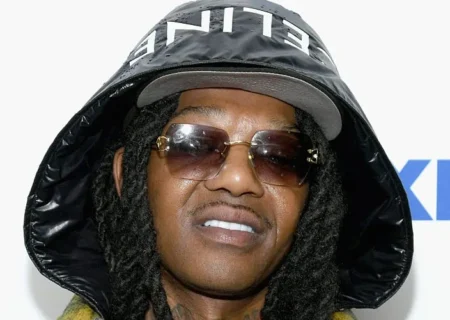PinkPantheress is finally saying the quiet part out loud.
Despite reshaping the sound of Gen Z’s digital music experience, the 24-year-old genre-bending artist says she’s still struggling to be seen—really seen.
In a revealing new interview with The Hollywood Reporter, the British hitmaker opened up about the barriers she continues to face as a Black woman pioneering her lane in electronic music. And her words are resonating with fans—and shaking up an industry that’s long needed a reckoning.
🖤 “People Are Less Willing to Listen…”
PinkPantheress didn’t mince words when discussing how her race and gender impact how people engage with her music.
🗣️ “People are less willing to listen to electronic music that is made by a Black woman,” she said. “That’s just fact.”
She’s not wrong. Though her Fancy That mixtape debuted at No. 4 on Billboard’s Top Dance/Electronic Albums chart in May, PinkPantheress says that success doesn’t always translate into recognition. She believes the public—and even the industry—doesn’t quite know where to place her.
“There’s some considerations I would like to get as an artist which I might not be getting right now, since maybe it’s harder to put me into a genre.”
Translation? She’s creating her own lane—but the system doesn’t always reward originality when it comes from a Black woman.
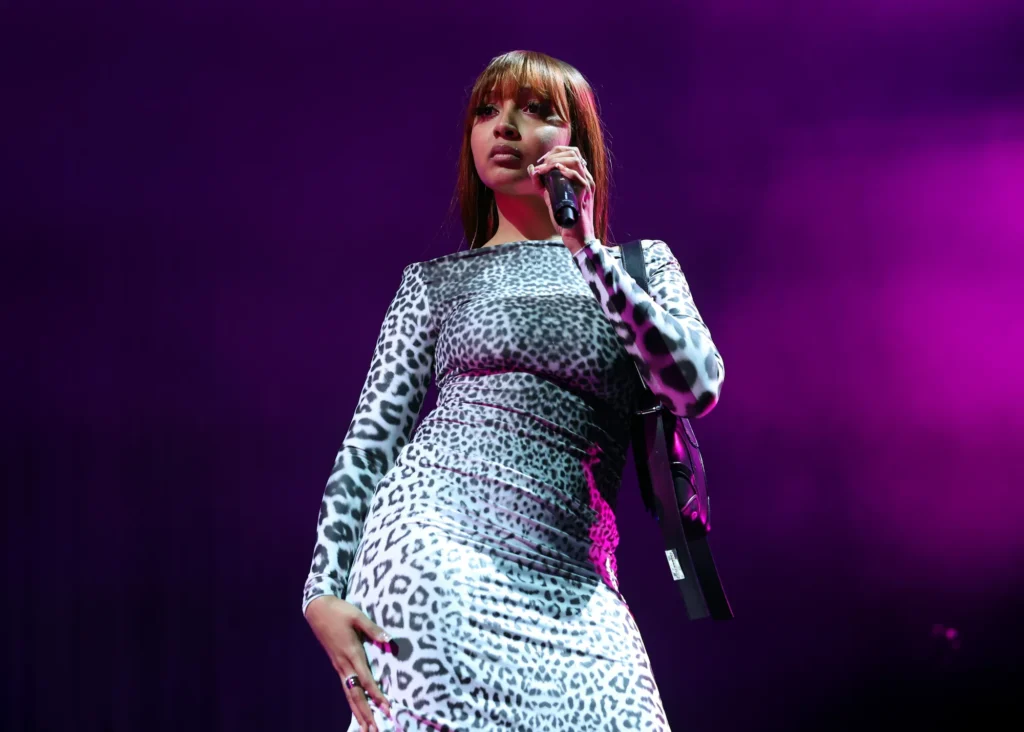
📈 Her Numbers Are Climbing, But Respect Feels Distant
With viral hits like “Boy’s a Liar Pt. 2” and a unique blend of Y2K nostalgia, drum and bass, and diary-entry lyrics, PinkPantheress is undeniably shaping the digital music age. Still, she feels the conversation often skips over her.
“I can feel like I’m hitting all these markers and it still feels like I’m getting overlooked, simply because there’s a lot of people that don’t necessarily understand what I represent.”
Despite co-signs from artists like Ice Spice and features in global campaigns, she says the world still hesitates to acknowledge the full scope of her artistry.
🧠 A Doctorate, But Still Underestimated
This month, PinkPantheress was awarded an honorary doctorate from the University of Kent for her impact on the digital-era music scene. A major moment—yet even that hasn’t been enough to shake the sense of being boxed in or misunderstood.
She believes her individuality, and refusal to conform, might make her “unmarketable” in traditional terms—but that’s not stopping her.
“All I aim to do is stay authentic and consistent,” she said. “And occasionally, what I enjoy doing is saying, ‘Well actually, I’m gonna prove you wrong, and I’m gonna do this. You are gonna like it.’”
💅 Not Your Average Pop Star—And That’s the Point
PinkPantheress says she has no plans to fit into outdated definitions of a “pop star.” The glam, the formula, the pre-packaged image? She’s not playing that game.
Instead, she’s pushing her own brand of artistry—blending soft vocals with distorted beats, giving Tumblr-core kids their moment, and reviving 2000s-era textures in a way only she can.
She’s not waiting for the industry to catch up—she’s simply moving forward, on her own terms.
👏 A Message for the Underrated
In her words and her music, PinkPantheress has become a quiet beacon for others who feel overlooked despite their contributions. Her story is a reminder that being different can be your power—even when it makes others uncomfortable.
She’s not chasing approval. She’s commanding respect.
💬 What do you think?
Is the industry still not ready for a genre-blurring, Black woman at the helm of electronic music? Should PinkPantheress be getting more flowers?
Drop your thoughts below or hit us up @ThePopRadar.
Keep it locked for more exclusive artist stories, industry shake-ups, and raw moments from music’s most fearless voices—only on TPR.




